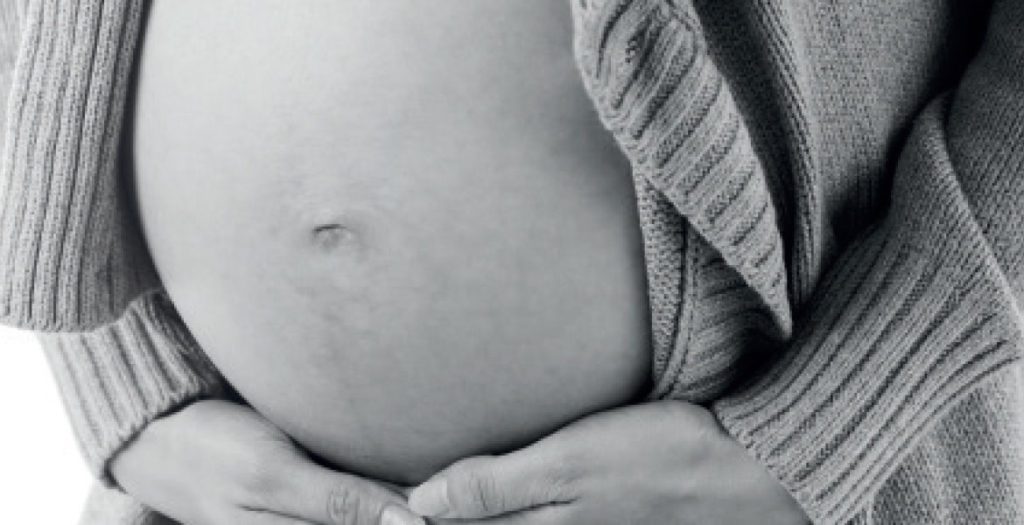
Are you glowing? Even if you are, you may find your skin changes during pregnancy. Here’s how to cope with pregnancy skin.
by Sally J Hall
When people tell you you’re blooming – you really are! Your skin retains more moisture then usual during pregnancy, plumping it and giving you a smooth complexion. There’s also a lot of extra blood in your system, so you have a great colour. Enjoy it! However, if you have some issues due to pregnancy hormones, here’s how you can keep your complexion calm.
Getting spotty?
Teenage acne may be a memory but pregnancy may cause a breakout. Or you may suffer from a common pregnancy rash called pruritic urticarial papules and plaques of pregnancy (PUPPP) – harmless to your baby, though annoying for you!
The solution: Avoid products marketed for acne (especially prescription ones), as they aren’t suitable for pregnant skin. Use natural products like tea tree oil (dilute in a carrier oil like almond) and wash daily with a mild cleanser. Gentle steaming can help clear spots but never touch or squeeze them.
My skin is more sensitive
Though you might have been able to put any old thing on your skin up to now, you may find that creams and lotions you’ve always used suddenly start to irritate. You may also find that using scrubs and peels causes redness and spots. Perfumes can cause sensitivity and you may even feel rather nauseous at certain smells.
The solution: Make some changes to your skincare routine. Avoid harsh scrubs and use a soft wash cloth instead. Use products with fewer chemicals and look for creams with natural and organic ingredients.
My skin is dry
If you’re lucky enough to avoid acne, you may find that your skin is dryer
than usual. It may also be itchy, especially on your growing tummy and sometimes on arms and legs.
The solution: Keep hydrated – inside and out! Make sure you are drinking water (especially when exercising) to hydrate your skin. This also flushes out toxins that cause skin problems. Have long soaks in the bath, using Dead Sea Salt, which helps open pores to allow water to sink into the skin, or oatmeal (put in a pop sock under the hot tap). You can also try a humidifier in your bedroom to help your skin feel more comfortable at night.
I can’t enjoy the sun
You may be glowing but it may be for the wrong reasons! Sunshine and heat may make it hard to get cool. Add to that heat rash, especially on the lower legs if you pound the hot city streets and you may be feeling a little miserable. Pregnancy hormones can make skin more sensitive to the sun and cause melisma – darker patches on your skin, sometimes known as ‘the mask of pregnancy’. You may also find that your nipples darken in colour
and that moles and freckles become more pronounced. This is because the body creates more melanin during pregnancy, the hormone that helps us tan. Some women find they get a dark line, the linea negra, on their tummy.
The solution: Try to keep in the shade as much as you can and cover up in loose, comfortable light clothing. Wear a good sunscreen – again, look for one with as few chemicals as possible.
I am getting broken or varicose veins
Sometimes women get spider veins (naevi) which are tiny blood vessels that have broken down in the skin. Alternatively, veins on the lower legs may become bumpy and start to ache. These are known as varicose veins and can occur in other places on the body too.
The solution: Though veins on your face may be quite visible now, you can have them treated after the baby’s birth by a beautician. You can help prevent varicose veins by putting your feet up and wearing compression tights.
See more about varicose veins here
Watch out for: Obstetric cholestasis
A liver disorder that can occur during pregnancy, it often presents as itchiness of the hands and feet. It can be serious, leading to premature birth or stillbirth, so you will be closely monitored and may be offered an induction at 37 weeks. It will resolve itself after pregnancy but tends to run in families and will probably recur in a subsequent pregnancy.
